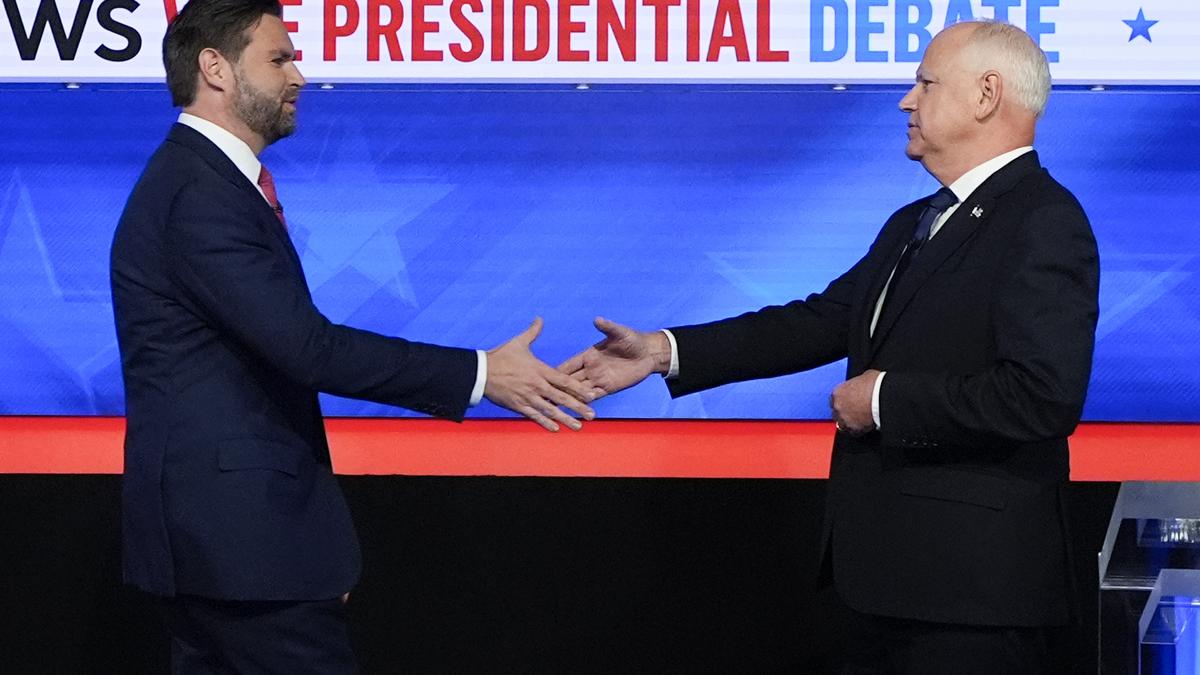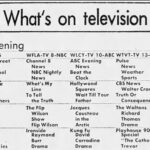Debates have become an essential part of the democratic process, providing voters with the opportunity to hear directly from candidates on various issues. Whether it’s a presidential debate, a senatorial face-off, or even a local election event, debates are a critical way to assess a candidate’s viewpoints, style, and ability to handle pressure. One of the most frequently asked questions during election seasons is: What time is the debate?
Knowing the timing and schedule of a debate ensures that you take advantage of critical moments that could influence your understanding of the candidates and, ultimately, your decision at the polls. In this article, we’ll explore everything you need to know about debate schedules, how to stay informed, and what to expect during these events.
Importance of Debates in Elections
Before discussing the specifics of when and where debates take place, it’s important to understand why they matter. Debates provide a platform for candidates to engage directly with their opponents and the public. They allow candidates to present their policies, challenge each other on critical issues, and clarify their positions on matters that may be unclear.
For voters, debates are an essential tool for assessing not only the substance of a candidate’s platform but also their temperament, rhetorical skills, and how they perform under pressure. These events often shape public perception and can be turning points in a campaign. Therefore, staying informed about what time the debate is and tuning in live is crucial for those looking to make an informed decision.
What Time is the Debate?
The timing of debates varies depending on the country, type of election, and organizing body. However, primary national debates, such as U.S. presidential debates or debates for parliamentary elections in the U.K., tend to be scheduled during prime-time television hours to reach the largest possible audience.
In the United States, for example, presidential debates are often scheduled between 8:00 PM and 9:00 PM Eastern Time (E.T.), making them accessible to viewers across multiple time zones. This scheduling allows viewers on the West Coast to tune in at a reasonable hour, typically around 5:00 or 6:00 PM Pacific Time (P.T.), while still reaching the broader audience on the East Coast.
It is important to check your local listings or online platforms to confirm the debate’s time in your region, as the broadcast time may vary slightly depending on the network.
How to Find Out What Time the Debate Is
There are several reliable sources you can use to find out the exact time of an upcoming debate. Here are some ways to stay informed:
- Official Campaign Websites: Many political campaigns will post the date, time, and location of upcoming debates on their official websites. This is a direct way to get the most accurate information straight from the candidates’ teams.
- News Channels: Major news networks such as CNN, Fox News, BBC, and MSNBC often broadcast debates live and provide information about the exact time. These networks also offer pre-and post-debate analysis, which can enhance your understanding of the event.
- Social Media: Following candidates, news outlets, and political organizations on platforms like Twitter, Facebook, or Instagram can also help you stay up to date on the exact time of the debates. These platforms often feature live-streaming options as well.
- Election Commissions and Debate Organizers: National election commissions or organizations responsible for setting up debates, such as the Commission on Presidential Debates (CPD) in the U.S., frequently publish schedules and exact timings for upcoming events.
- Television Listings and Streaming Services: Many streaming platforms, including YouTube, Hulu, and Sling T.V., provide live coverage of debates. It’s essential to check the streaming schedule on your platform of choice to ensure you can tune in at the right time.
By staying informed through multiple channels, you’ll always know what time the debate is and be ready to watch.
What to Expect During a Debate
Now that you know how to find out what time the debate is, let’s talk about what you can expect during the event itself. While the format of debates may vary depending on the level of the election and the rules set by the organizing body, there are several common elements in most political debates:
- Opening Statements
Most debates begin with each candidate delivering an opening statement. This is typically a short, prepared speech that gives candidates the opportunity to set the tone for the discussion and present their crucial policy points to the audience.
- Moderated Questions
After opening statements, a moderator (or a panel of moderators) will usually ask questions that have been prepared in advance. These questions may cover a wide range of issues, from the economy and healthcare to foreign policy and climate change. The moderator’s role is to ensure that each candidate has an opportunity to speak, answer questions, and address rebuttals.
- Candidate Responses and Rebuttals
Once a question is posed, each candidate typically has a set time (usually between 1 and 2 minutes) to respond. After both candidates have answered, they may be given the opportunity to rebut their opponent’s argument. This back-and-forth exchange is often one of the most engaging parts of the debate, as it gives voters insight into how well a candidate can defend their positions and respond to criticism.
- Audience Participation (Town Hall Style Debates)
In some formats, such as town hall debates, members of the audience are allowed to ask questions directly to the candidates. This can provide a more personal touch, as candidates must respond to the concerns of everyday voters rather than just the moderators. These types of debates often give a sense of how a candidate connects with the public.
- Closing Statements
To conclude the debate, each candidate typically delivers a closing statement. Like the opening remarks, this is often a prepared speech designed to leave a lasting impression on the audience. It is a final opportunity for the candidate to reinforce their main message and appeal directly to voters.
- Post-Debate Analysis
After the debate ends, many news networks and political analysts provide post-debate analysis, discussing key moments, potential gaffes, and each candidate’s overall performance. This analysis can help viewers better understand the implications of what they just watched and how it might affect the election.
Debate Etiquette: What Makes a Good Debate?
What time is the debate? are not just about what time they occur but also how they are conducted. Good debate etiquette plays a significant role in ensuring the discussion is productive and informative. Here are some key points that contribute to a successful conversation:
- Respecting Time Limits: Candidates should adhere to the time limits set by the moderators. Going over time can disrupt the flow of the discussion and take away valuable speaking time from other participants.
- Staying on Topic: Candidates should answer the questions directly rather than evading them or using the time to make unrelated points.
- Maintaining Civility: While it is expected that candidates will challenge one another, personal attacks or overly aggressive behavior can turn off voters and diminish the quality of the debate.
- Fact-Checking: Many modern debates include live fact-checking, where moderators or independent organizations verify the accuracy of statements made by the candidates. This ensures that the discussion remains grounded in truth and provides voters with reliable information.
The Impact of Debates on Elections
Debates can have a significant impact on the outcome of elections, mainly when they occur close to election day. An intense debate performance can boost a candidate’s visibility and support, while a poor showing can hurt their chances. In some cases, debates have been pivotal in swaying undecided voters, making it essential for both candidates and voters to take them seriously.
Notable moments in debate history, such as the 1960 U.S. presidential debate between John F. Kennedy and Richard Nixon, demonstrate how televised debates can change the course of an election. Kennedy’s poised, charismatic appearance on television contrasted sharply with Nixon’s nervous demeanor, which many analysts believe played a role in Kennedy’s eventual victory.
Conclusion
Understanding what time the debate is is crucial for voters who want to make informed decisions. Tuning in at the right time allows you to hear directly from the candidates and evaluate their platforms and abilities, whether it’s a presidential debate, a local election event, or a town hall.










